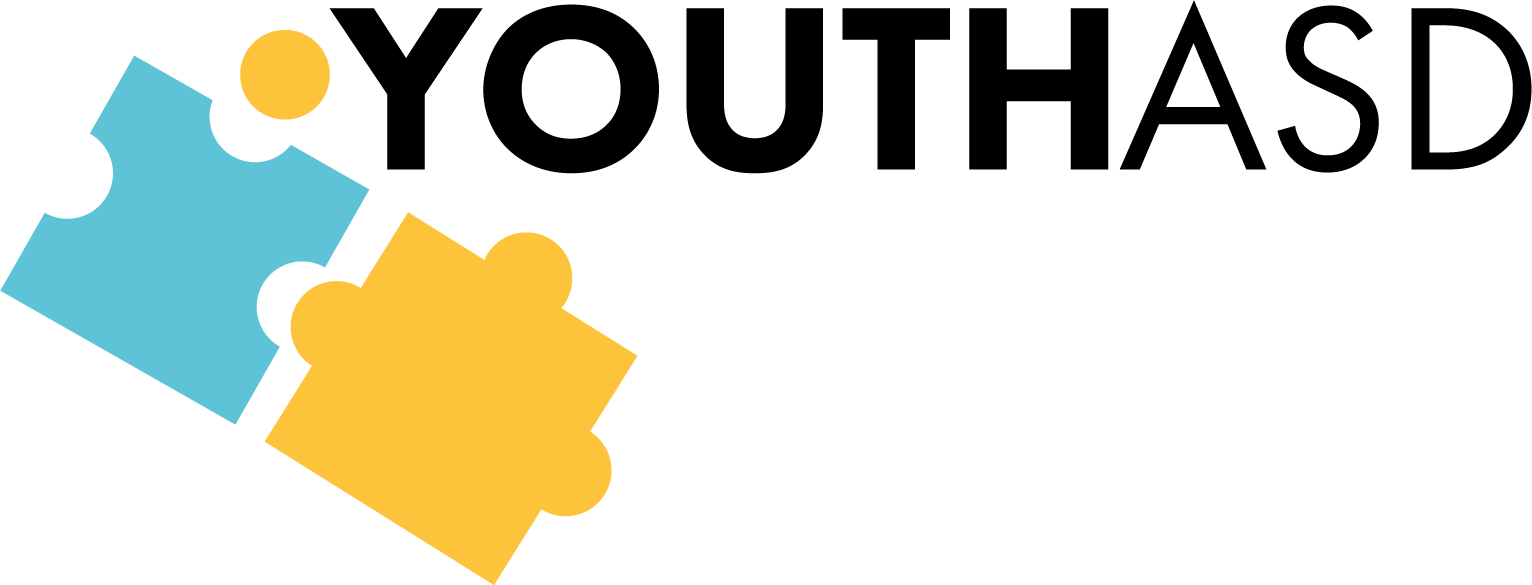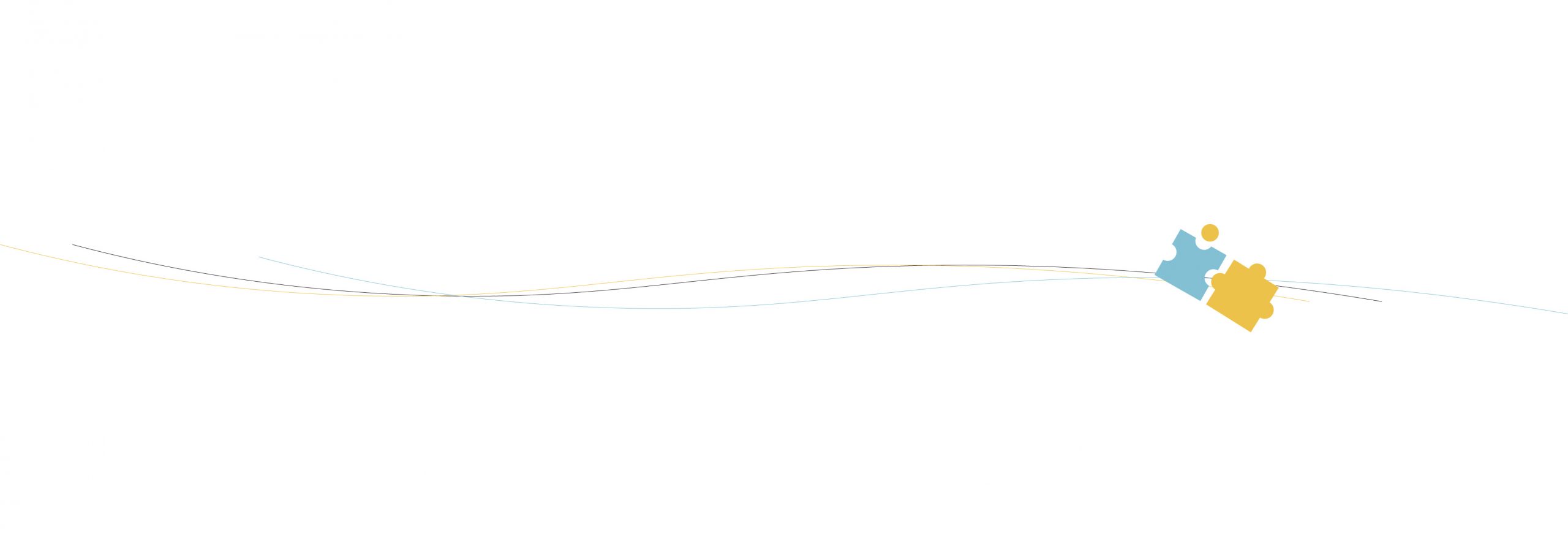We are excited to share the latest news about the Erasmus+ YouthASD project. The YouthASD Project is dedicated to raising awareness about Autism Spectrum Disorder (ASD) in society. It focuses on the challenges faced by young individuals with ASD, hindering their full participation in communities like schools, sports associations, recreational organizations, theatrical groups, and volunteering activities. The project’s primary objective is to empower all stakeholders in these contexts with essential knowledge and tools. The overarching aim is to create a more inclusive and supportive environment for young people with ASD, facilitating their active participation and overcoming barriers across various aspects of life.
In pursuit of our goals, we have collaboratively developed tools to benefit youth organizations and their members, particularly youth workers. A customized guide has been crafted for youth organizations interested in offering inclusive activities for both individuals with ASD and their peers. This guide serves as a gateway into the realm of ASD, seamlessly integrating essential information with practical tips. Our aim is for this guide to not only provide fundamental knowledge about ASD but also offer actionable insights for implementation. It is designed to help youth organizations create an inclusive and supportive environment, promoting a culture where diversity is not just recognized but celebrated.
For the second objective, a training course was designed and developed specifically for youth workers. The aim was to empathise with their perspective and provide them with knowledge and tools that could be seamlessly integrated into their daily work with the young target group. This course was designed with the intention of equipping youth workers with practical skills and insights, enabling them to enhance their engagement with young individuals.
The course has been tested in all partner countries: Denmark, Greece, Cyprus, Spain and Italy. The experience has been very enriching and we are happy to share some feedback and insights directly from the course participants.
Pilot experience in Denmark
A total of 21 participants, mainly from the public and voluntary sectors in Denmark, attended the pilot session. The engagement and interest of all participants were evident, creating a positive atmosphere throughout the workshop.
The attendees, primarily professional healthcare workers engaged with young individuals with ASD, also participated in various volunteer activities during their free time, such as coaching football. The workshop provided a space for participants to delve into the content, engage in small group discussions, share feedback, and evaluate the material. Questions and comments were actively encouraged throughout the session.
Commencing with an introduction to the overall project, the workshop covered background knowledge and theories surrounding Autism Spectrum Disorder, addressing challenges faced by both young individuals and their parents. It also explored opportunities for inclusionin Danish society, leisure activities, and the school system. The subsequent pilot training utilized materials from the training modules, alternating between lecture formats with Q&A sessions and smaller group discussions. The session concluded with comprehensive feedback in a plenum setting.
Below are a few participant quotes capturing their reflections on the experience:
“The content is very relevant and accessible”
“The training modules are very easy to understand, if you are not very familiar with ASF” “If my teachers had this material available, when I went to school, my life would have been much easier, and I would have been understood instead of constantly misunderstood”
“The workshop gave me a good overview of the challenges of life when you are on thespectrum”
Pilot experience in Greece
In a comprehensive workshop, a diverse group of educators, volunteers, trainers, and youth workers engaged in exploring, providing feedback, and evaluating content. The session kicked off with an expert-led lecture on intellectual disabilities and the associated legislation concerning the inclusivity of youth with intellectual disabilities in Greece, presented by members of the Greek Education Stakeholders.
Following this, training sessions were piloted, drawing from module materials. The workshop, designed to foster inclusivity for youth with intellectual disabilities across various settings, including youth organizations, schools, and other activities, attracted 46 participants from diverse backgrounds such as teachers, principals, education stakeholders, youth workers, trainers, and volunteers, spanning both public and private education sectors.
The workshop and pilot training were deemed highly successful, successfully fostering inclusive environments for youth with intellectual disabilities in extracurricular activities. Looking ahead, recommendations focus on establishing a community of practice for ongoingcollaboration among professionals. This initiative is aimed at fostering continuous development and ensuring the sustained implementation of inclusive practices.
Here are selected quotes from participants reflecting on their experience:
“The content is clearly structured, with rich material and user-friendly” “Self-explanatory and helpful material”
“The content of the training was to the point, explanatory, as it was presented by the trainer. The trainer was talking slowly and kept our interest. Plus, it’s free!”
Pilot experience in Cyprus
Fifteen participants, including volunteers, project managers, researchers, primary school teachers, and representatives from autism support centers in Cyprus, attended the training pilot. The workshop received positive feedback and was considered a success, demonstrating strong interest from professionals.
The training proceeded smoothly, with participants providing valuable feedback on both content and materials presented. In summary, the workshop and pilot training for the inclusion of youth with ASD in youth organizations successfully promoted inclusive environments.
The workshop served as an interactive moment for professionals to engage in discussions, share experiences, and learn from one another. The pilot training effectively covered key concepts, strategies, and practical approaches for creating inclusive environments. Participants gained a deep understanding of the diverse needs of youth with ASD, effective communication with them and their families/guardians, and the creation of more inclusive settings. The training not only presented theoretical frameworks but also provided practical tools and resources ready for implementation in youth organizations.
Here are some quotes from participants sharing their thoughts on the experience:
“The presentation was clear, offering a well-defined vision of the project. It proved very helpful in relation to my work, and the hosts displayed kindness and politeness throughout.”
“The organization was excellent, and the workshop covered themes related to ASD that will contribute to raising awareness in our society.”
“The workshop delivered a comprehensive and lucid introduction to the objectives and key activities of the YouthASD project. It was presented in a way that made it easy to comprehend, even for those with limited insight into ASD.”
Pilot experience in Spain
Eighteen participants from diverse fields, including social, health, and education sectors, attended a workshop focused on enhancing youth organizations for the inclusion of individuals with Autism Spectrum Disorder (ASD). The inclusive group included young people with disabilities and ASD, providing valuable insights into their leisure activities and experiences within youth associations.
The training proved mutually enriching for both participants from various sectors and individuals with disabilities and ASD, offering diverse perspectives. The project presentation showcased practical results that can benefit a range of youth associations beyond the immediate workshop participants.
Insights from the workshop highlighted challenges faced by individuals with ASD in accessing leisure opportunities due to environmental and association adaptations and insufficient professional training. The project aims to address these issues, promoting genuine inclusion of young people with ASD in youth associations and ensuring their right to leisure is fulfilled.
Below are a few participant quotes capturing their reflections on the experience:
“They have managed to convey the key ideas of the project”. “The information has been transmitted efficiently”.
“I feel motivated to get involved in the project”.
“I identify with the idiosyncrasy of the working methodology”. “An innovative proposal to put into practice”.
Pilot experience in Italy
A total of 27 individuals enrolled in the course, and we received valuable insights from 19 participants who completed the training course evaluation questionnaire. The participants represented a diverse array of professionals, including educators, support teachers, social and health workers, psychologists, curricular teachers and volunteers. This diversity contributed to creating a dynamic and engaging learning environment.
The overall feedback from participants was exceptionally positive, fostering a vibrant and constructive atmosphere throughout the course. In response to open-ended questions, participants emphasized various aspects of the training. They praised the course for its clarity, meticulous organization, and in-depth content.
Furthermore, participants underscored the relevance of the examples provided, appreciatingtheir practical applicability. The suggested strategies and activities resonated well with the participants, sparking interest and curiosity. The training not only met but exceeded expectations, leaving participants equipped with valuable insights and practical tools for their respective roles.
Here is a single bold but powerful quote to convey what emerged from the course.
“I found it incredibly beneficial to revisit the information I had studied during my university years, especially now that I’ve been working in the field for over two decades. Your lectures allowed me to ‘see’ one of my current high-functioning students in a whole new light, andthanks to your insights, I gained a much deeper understanding of her dynamics.
What I learned in the course has greatly enhanced my ability to comprehend and interpret what I observe in my daily work. I found the course to be both captivating and thought- provoking. Thank you for your time.”
Project activities are ongoing and the partnership is currently actively involved in piloting the third outcome, which involves piloting activities aimed at involving both young people with ASD and their peers. Keep up to date with project developments by visiting our website and following us using the hashtag #YOUTHASD.
(Picture: Alexis Brown on Unsplash).
This newsletter is available in:


